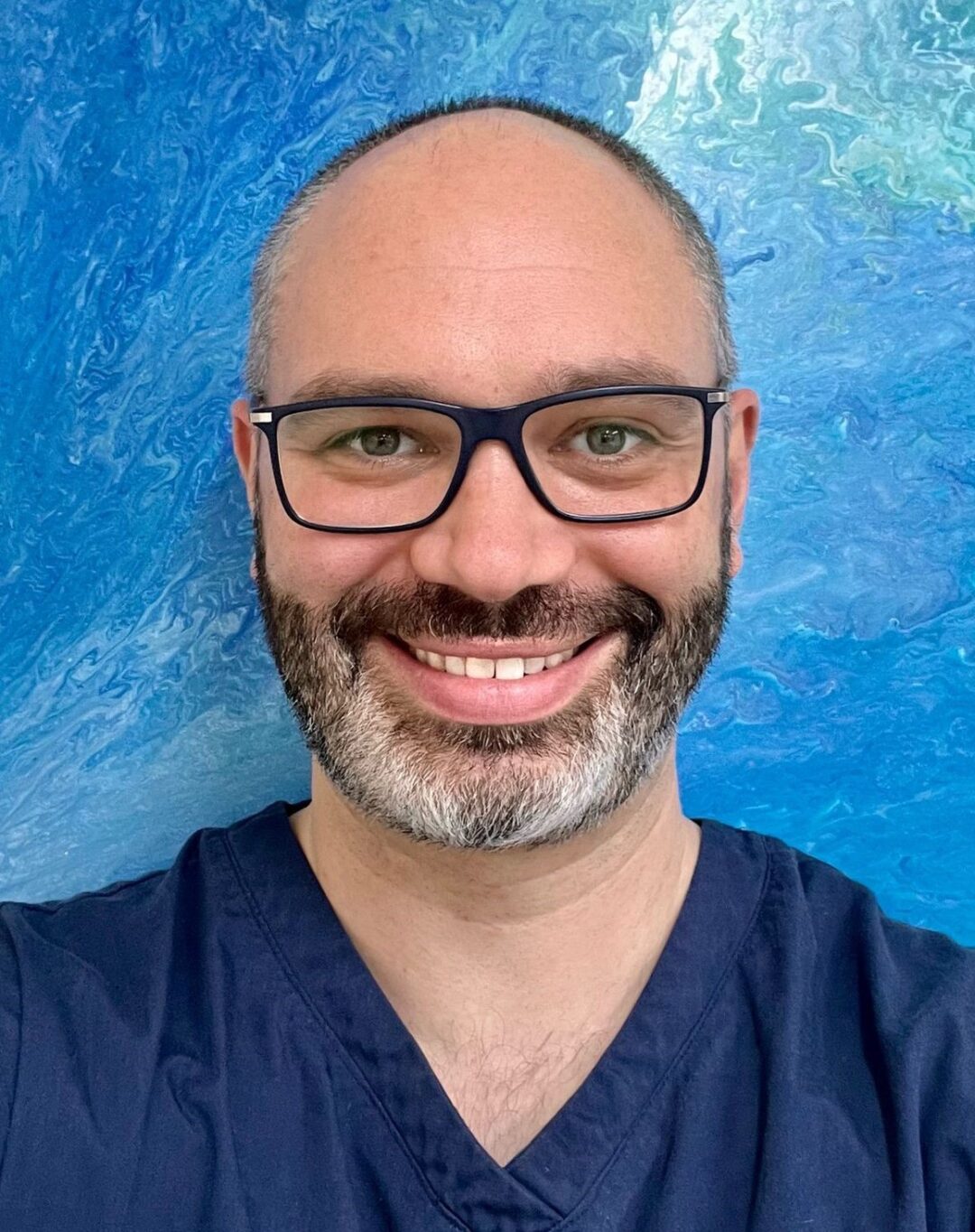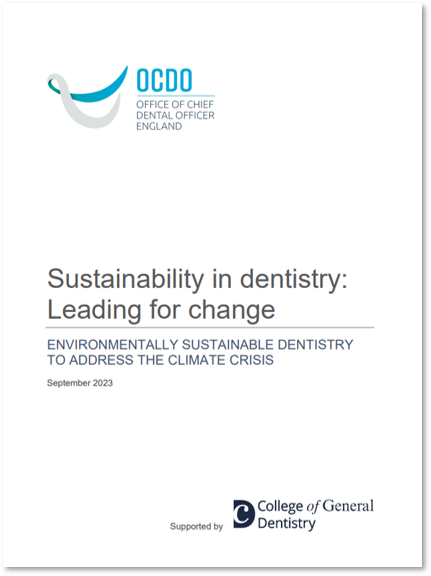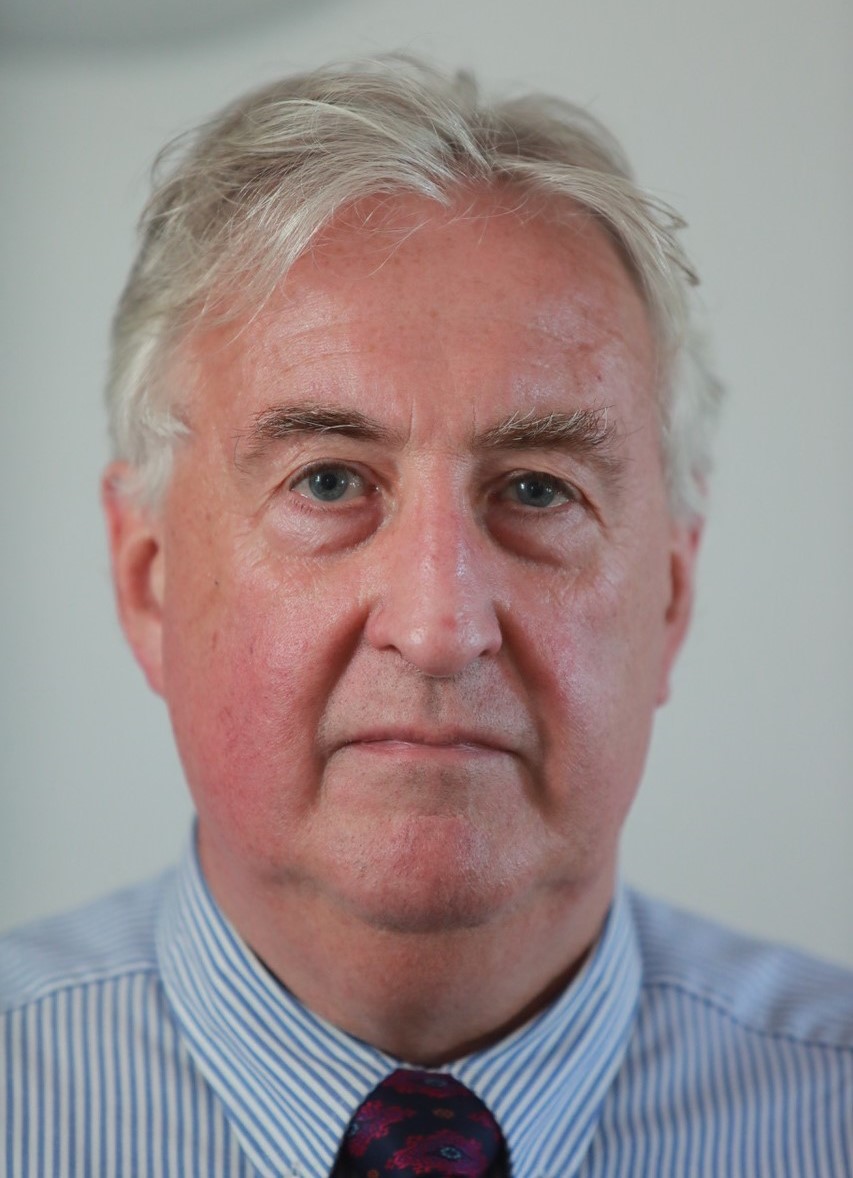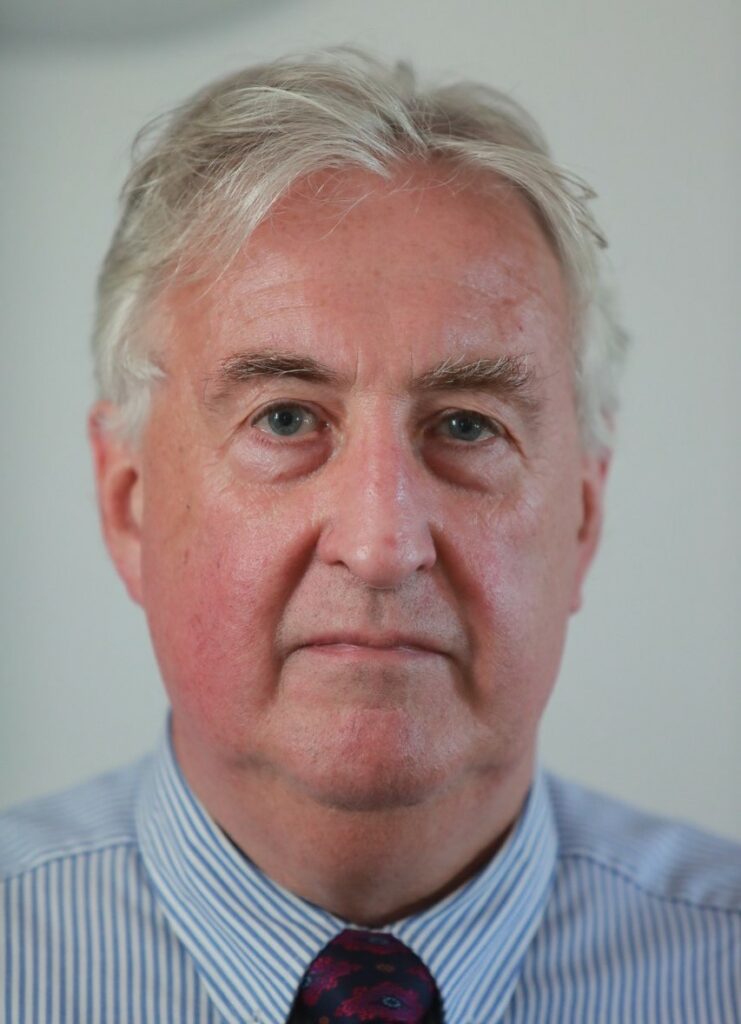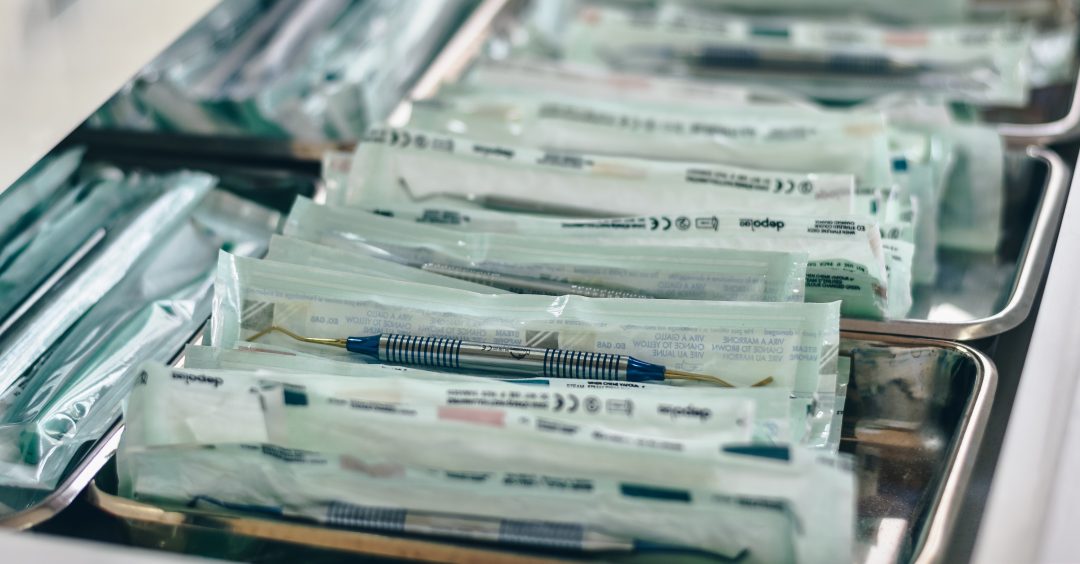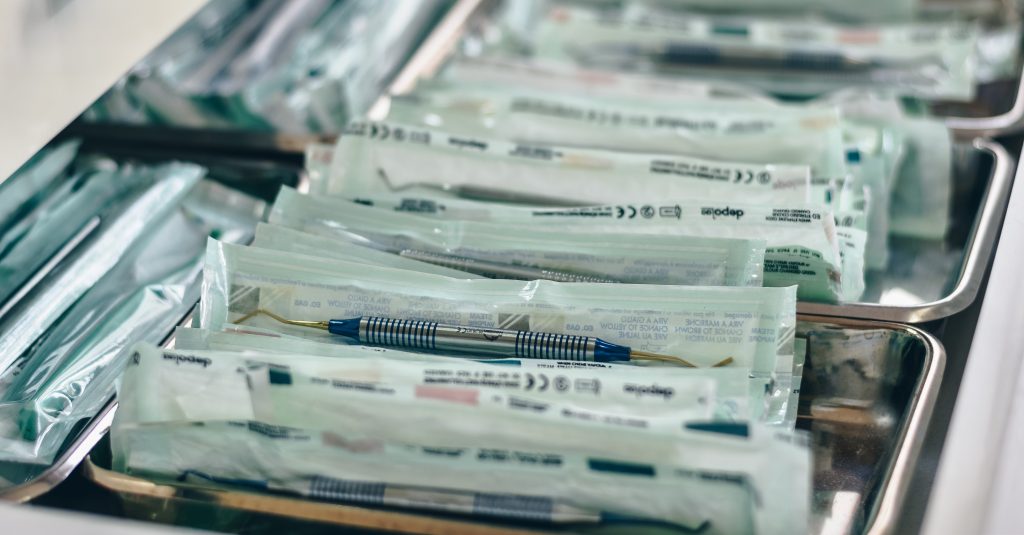Dr Steven Mulligan MCGDent, a founding member of the FDI World Dental Federation Sustainability in Dentistry Task Team, discusses the work they have undertaken and shares practical steps to foster a more environmentally conscious practice.
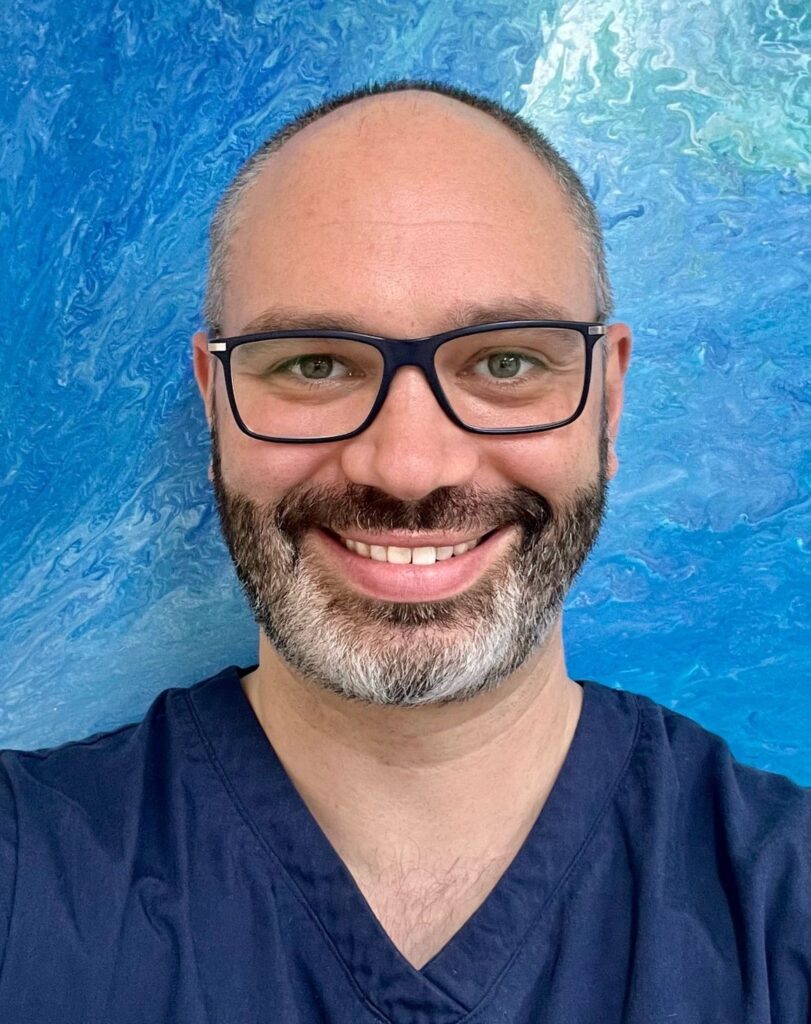
I am a practicing general dentist in South Yorkshire, and I work within the University of Sheffield as a clinical teacher. For the last few years, I have been involved in research around sustainable oral healthcare. Upon starting my dental career, I recognised that the science behind dental materials and its role in rehabilitating oral disease fascinated me as understanding what is in the dental materials we use is key to understanding their successful implementation. I have often considered that we would not cook and present someone a meal without knowing the ingredients, or the consequences of their use!
I have recently completed a PhD which primarily looked at the environmental impact of resin-based composite (RBC). The premise of the research was that as amalgam is being phased-out based on environmental pollution issues, with RBC consequently acting as the major direct-placement dental material in dentistry, what are the environmental pollution impacts with the use of RBC? Like any research, once you start looking, the more you see. Regarding RBC, the simple answer is yes, RBC has negative environmental pollution impacts. RBC can never be fully polymerised through normal use, and monomers elute for months and years from restorations into the environment.1 When RBC restorations are replaced, polished or adjusted, microparticulate waste, akin to microplastics are released into the environment.2 Manufacturing, distributing, using and disposing of RBC generates a significant carbon footprint. The sundry items required to use RBC, such as applicator brushes, dental dam, sleeves for light curing units are all single-use plastics (SUPs), contributing to dentistry’s waste burden. Comparing the environmental impact of RBC and amalgam is easy, RBC is less bad for the environment.
It was an easy link when considering the environmentally sustainable use of dental materials to consider other aspects of sustainable oral healthcare. But what does sustainability in this respect mean? Sustainable oral healthcare is basically providing care that does not jeopardise the equivalent care of future generations, and ensuring we are acting ethically, not just to our current patients but also to subsequent generations of patients. Global warming, climate change and environmental pollution is a reality and as healthcare professionals we contribute to it. Can we provide optimal care that is also environmentally sustainable?
To answer this, multiple research opportunities arose, and generated publications with interesting insights. Did you know we generate around 2 billion items of SUP annually in the UK dental sector, weighing around 14 tonnes?3 Or that the average UK 50-year old’s dentistry has a carbon footprint of around 1.2 tonnes CO2e, which would need over 130 trees planted to off-set it?4 Or that patients are willing to pay more for more environmentally sustainable oral healthcare?5
A few years ago, the FDI World Dental Federation (FDI WDF) contacted me as they were interested in establishing the FDI WDF Sustainability in Oral Healthcare Task Team. My colleague at the University of Sheffield, Professor Nicolas Martin, took the reins as Chair and we co-founded the team, which currently comprises of Asst. Prof Donna Hackley (Harvard Dental School, USA), Assist. Prof Duygu Ilhan (Istanbul Medipol University, Turkey), Dr Hasan Jamal (Saudi Arabia) and Dr Mick Armstrong (UK).
The FDI WDF acts as the global voice of the dental profession, representing over one million dentists worldwide, working with 191 Member Associations in over 130 countries. The Sustainability Project aims to increase awareness and guide the profession towards environmentally sustainable outcomes, working alongside industry partners such as Colgate-Palmolive, P & G, Kulzer Mitsui Chemicals Group, Haleon, SDI, Dentsply Sirona and Sunstar.
The FDI Sustainability project has delivered multiple resources, including the first Consensus Statement on Sustainable Oral Healthcare which was an evidence-based perspective of the current status quo, with suggested opportunities for implementing sustainable actions.6
In addition, the FDI developed a Toolkit, based around 18 topics and 150 actions that range in how impactful they are and how easy they are to implement. There are things that you can do in practice that are easy to carry out and have a significant impact on improving environmental sustainability, it is a simple process to enrol on and is a great starting point for anyone interested in the topic. The Toolkit aims to help oral healthcare professionals start (or continue) providing more environmentally sustainable care provision, via a structured approach.
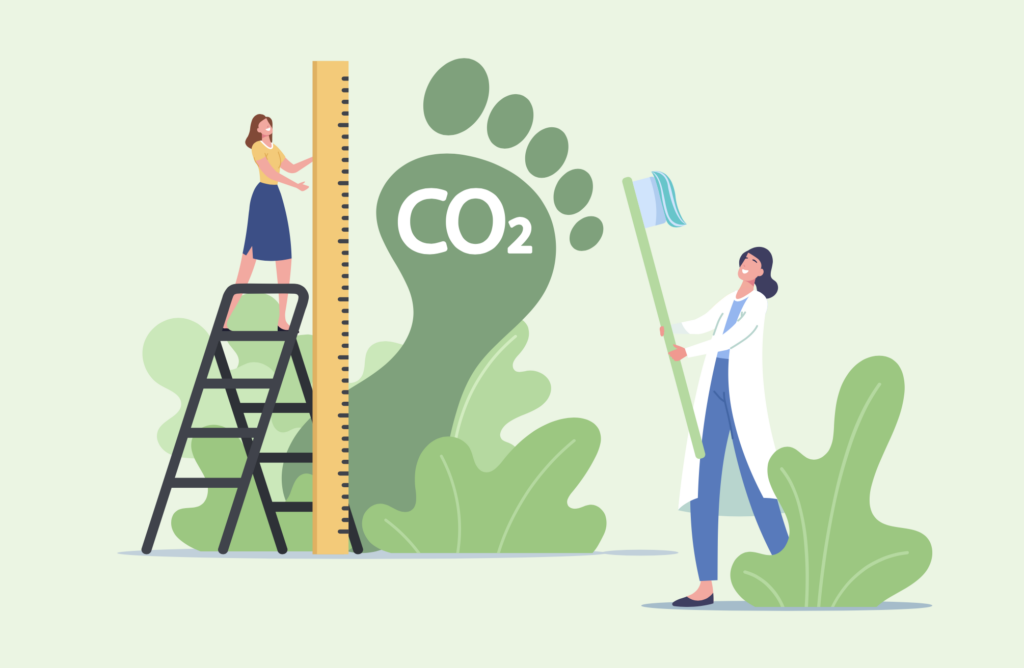
The Toolkit is the direct result of two peer-reviewed scoping review publications that explored the awareness, barriers, drivers, opportunities and best practice for the delivery of sustainable oral healthcare. These key publications identified over 250 actions that can be carried out by dental professionals.7 8
The content within the toolkit is arranged in a way that reflects three aspirational challenge levels: Bronze, Silver and Gold. The criteria considers two parameters for each environmental sustainability (ES) activity: (i) The importance of the task as an ES measure and (ii) the level of implementation difficulty that the implementation of the task presents. Some examples of tasks include:
- Putting recycling bins in staff areas.
- Education of colleagues regarding appropriate recycling is an easily achieved, important task and compliance using the Toolkit can be demonstrated by uploading the minutes from a staff meeting that highlighted this. An example and a suggested task within the Toolkit is the separation and recycling of plastic and paper from sterilisation packets.
- Rethinking the use of resources is another aspect of sustainability and is highlighted in the Toolkit via the use of paperless meetings, double sided printed when necessary, cancelling junk and unsolicited mail that the practice receives and the use of adjunctive technology in the practice such as tablets to record and update medical forms and intraoral scanners/ digital radiography to rethink the need for other disposable resources.
- Reviewing how we provide care daily by carefully planning procedures before carrying them out and deciding what equipment is required to prevent waste and unnecessary reprocessing of instruments is another example of smart sustainability.
- Selecting products with minimal packaging that is easy to recycle, selecting eco-friendly alternative sundries, products or equipment and choosing durable office equipment that has been sustainably manufactured.
- Transport between dental clinics and dental laboratories can be optimised in order to reduce journeys and improve sustainability. The use of digital scanners and CAD CAM allows improved efficiency of transport between dental clinics and laboratories is one example.
- Communicating with patients the importance of good oral health that not only benefits them directly but also the planet.
The Toolkit integrates not only sustainability messages but also other important issues within dentistry. An example is the requirement to reduce unnecessary use of antibiotics, not just for the vitally important prevention of antimicrobial resistance. This has a sustainability impact as there is a significant carbon footprint attached to the manufacturing, distribution and disposal of waste medicines.
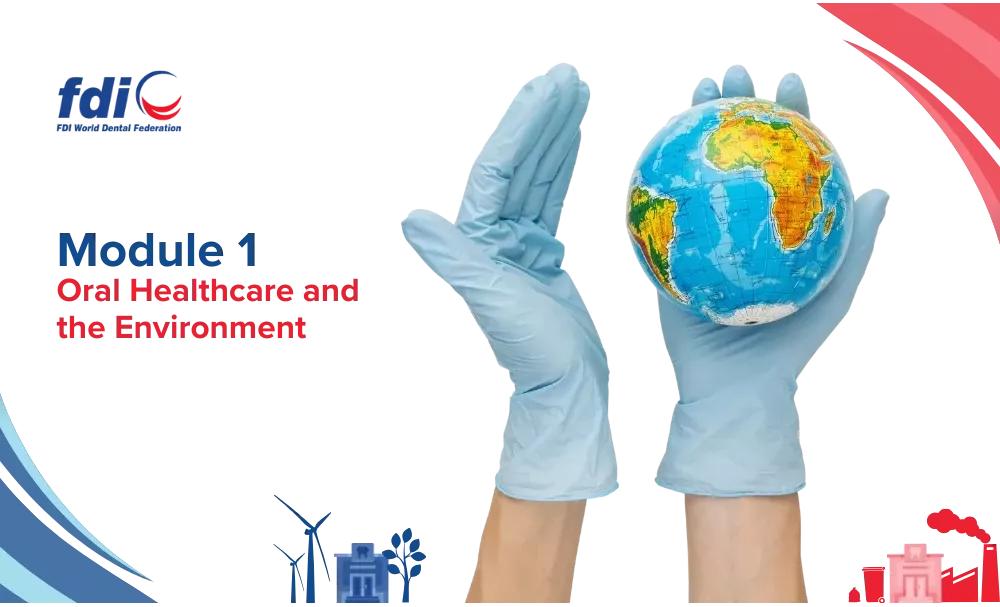
The FDI WDF has also developed a Massive Online Open Course (MOOC) on Sustainability in Dentistry which consists of three hours of interactive learning modules that helps users understand the impacts of oral healthcare on the planet and how to use evidence-based dentistry to improve the oral health of patients in an environmentally conscious way. A final assessment at the end of the course provides certification of its completion, module one is currently available with future modules to follow.
All the above FDI WDF resources, including infographic posters on the importance of good oral health and its links to environmental sustainability (for use in patient waiting areas), are free to access and another patient-focused poster that highlights your practice’s involvement in this important facet of oral healthcare provision will soon be available to display.
As a practicing dentist, I believe the best way we can be environmentally sustainable is by implementing high-quality preventive and operative care that gives patients ownership of their oral health and an understanding that by having a healthy mouth, they can also improve their impact on the environment. This results in fewer interventions, less travel and less lab-work with reduced overall carbon emissions. It’s a win-win situation.
Dental professionals, patients and other non-clinical members of the dental team are often surprised that dentistry has a significant environmental impact as it may never have occurred to them previously. To that end, increasing awareness around this topic by communicating and engaging with others is a brilliant first step in improving the environmental sustainability of oral healthcare.
Everyone can do something, and even if it seems like something small (like promoting patients to use public transport or booking family appointments to cut down patient journeys or even turning off unused electric items or lights), cumulatively these small measures have a big impact on making dentistry more environmentally sustainable.
1 Mulligan S, Hatton PV, Martin N. Resin-based composite materials: elution and pollution. Br Dent J. 2022 May;232(9):644-652. doi: 10.1038/s41415-022-4241-7. Epub 2022 May 13. PMID: 35562466; PMCID: PMC9106581.
2 Mulligan S, Ojeda JJ, Kakonyi G, Thornton SF, Moharamzadeh K, Martin N. Characterisation of Microparticle Waste from Dental Resin-Based Composites. Materials (Basel). 2021 Aug 8;14(16):4440. doi: 10.3390/ma14164440. PMID: 34442963; PMCID: PMC8402022.
3 Martin N, Mulligan S, Fuzesi P, Hatton PV. Quantification of single use plastics waste generated in clinical dental practice and hospital settings. J Dent. 2022 Mar;118:103948. doi: 10.1016/j.jdent.2022.103948. Epub 2022 Jan 10. PMID: 35026356.
4 Martin N, Hunter A, Constantine Z, Mulligan S. The environmental consequences of oral healthcare provision by the dental team. J Dent. 2024 Mar;142:104842. doi: 10.1016/j.jdent.2024.104842. Epub 2024 Jan 17. PMID: 38237717.
5 Baird HM, Mulligan S, Webb TL, Baker SR, Martin N. Exploring attitudes towards more sustainable dentistry among adults living in the UK. Br Dent J. 2022 Aug;233(4):333-342. doi: 10.1038/s41415-022-4910-6. Epub 2022 Aug 26. PMID: 36028699; PMCID: PMC9412765.
6 Martin N, England R, Mulligan S. Sustainable Oral Healthcare: A Joint Stakeholder Approach. Int Dent J. 2022 Jun;72(3):261-265. doi: 10.1016/j.identj.2022.02.008. Epub 2022 Mar 29. PMID: 35365320; PMCID: PMC9275086.
7 Martin N, Sheppard M, Gorasia G, Arora P, Cooper M, Mulligan S. Awareness and barriers to sustainability in dentistry: A scoping review. J Dent. 2021 Sep;112:103735. doi: 10.1016/j.jdent.2021.103735. Epub 2021 Jun 25. PMID: 34182058.
8 Martin N, Sheppard M, Gorasia G, Arora P, Cooper M, Mulligan S. Drivers, opportunities and best practice for sustainability in dentistry: A scoping review. J Dent. 2021 Sep;112:103737. doi: 10.1016/j.jdent.2021.103737. Epub 2021 Jun 26. PMID: 34182061.

Visit our sustainable dentistry page for further free resources to help dental practices understand and reduce their impact on the environment.

